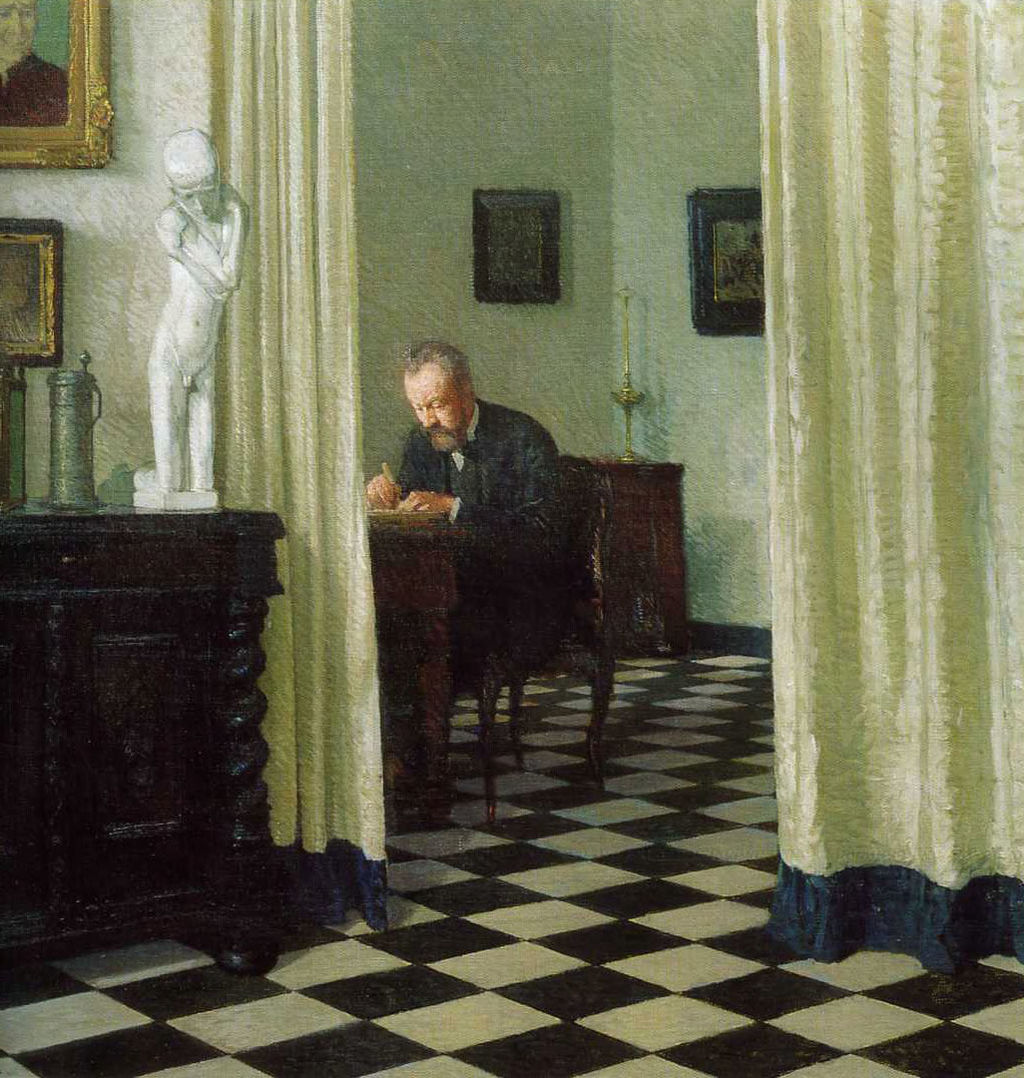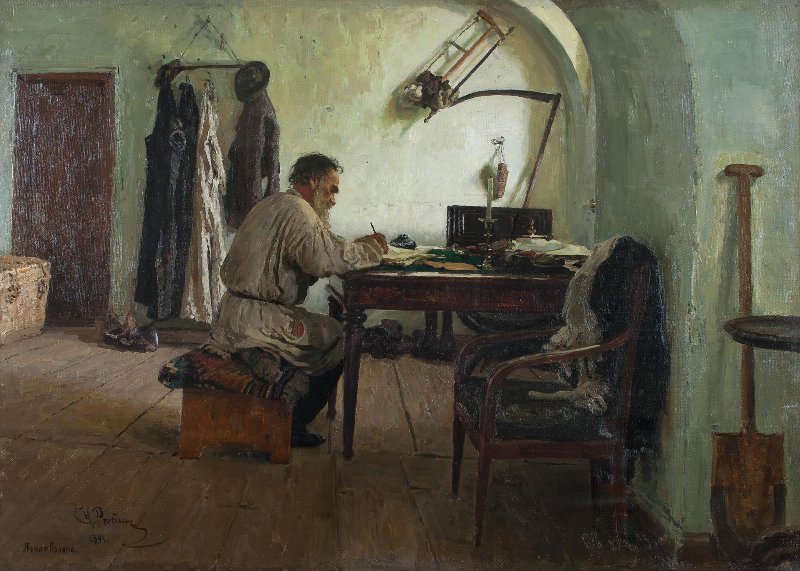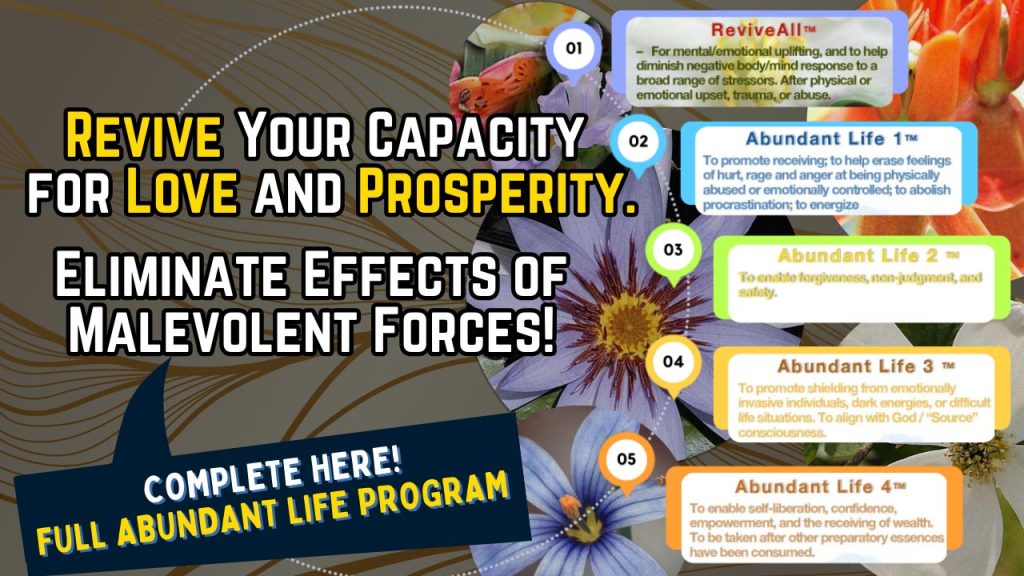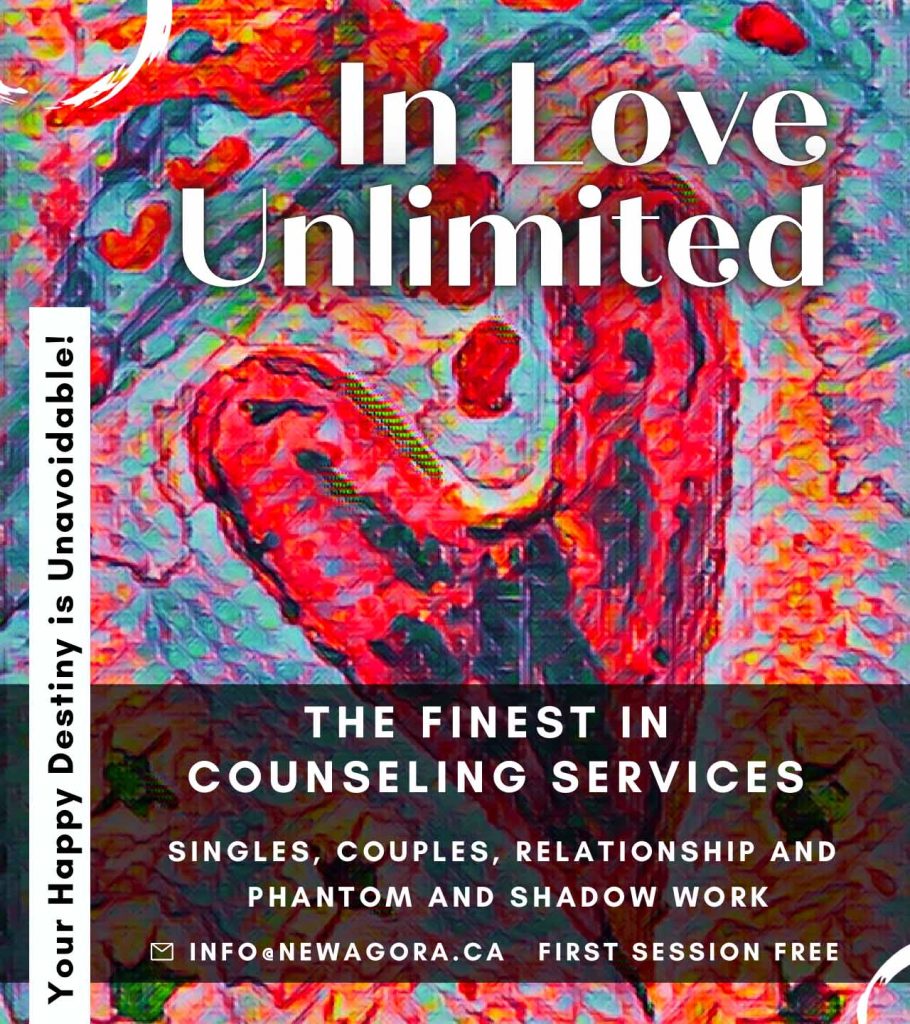How to Quit Your Boring Job – Turn a Passion into a Career
The following is a transcript of the video found below.
“Either we have no dreams or our dreams are interesting. We should learn to arrange our waking life the same way: nothing or interesting.”
Nietzsche, The Gay Science
The chance of living a good life is increased by attaining success in two main areas. Firstly, we need to make money, as poverty is limiting and acts as a barrier to many of life’s great experiences. Secondly, we need to consistently take part in challenging, but intrinsically rewarding activities. In this video we are going to explore how we can achieve the uncommon success of getting it right in both these areas. We are going to examine, in other words, how we can cultivate an intrinsically rewarding and financially lucrative career.
What keeps this form of success uncommon are three main factors or what can be called the defining weaknesses of our generation. The first of these weaknesses is a lack of purpose. Most people drift through life and fail to harness the power of effective goal setting. The second weakness is a proclivity for laziness and an inability to overcome procrastination, perfectionism, self-doubt, and complacency. And the third weakness is our generation’s ever-shrinking attention spans and the tendency to distraction. If we counteract these weaknesses, we will be one of the few for whom uncommon success is destiny.
The first step toward uncommon success, therefore, is to counteract the first generational weakness by setting some goals. For goals, by giving us something to aim at, act as the loadstones on the path to uncommon success.
“Without some goal and some effort to reach it no man can live.”
Fyodor Dostoyevsky, Prison Life in Siberia

In his book The Art of Impossible: A Peak Performance Primer, Steven Kotler suggests that to achieve great things, we need three types of goals. Firstly, we need an overarching purpose to our life. This is the goal of a lifetime. But as we are striving for uncommon success our purpose must meet two criteria: firstly, the activities that lead to its accomplishment must be intrinsically rewarding, and secondly, it must offer the potential for financial rewards. If our choice does not meet the first criteria, we will succumb to inertia at the first sign of difficulty, and if it does not meet the second criteria, it can only ever remain a hobby. For some of us, choosing a purpose is easy as we know exactly what our calling is, but for others exploration and experimentation in various fields is necessary to discover what we like and what we are good at.
After discovering a purpose, the next step is to break it down to the scale of what the Kotler, in The Art of Impossible, calls high, hard goals. High, hard goals are the major accomplishments required to move us in the direction of our purpose. If, for example, our purpose is to become a successful musician, a high hard goal would be to produce an album. In setting these goals, we want them to be big enough to be motivating, but not so big that we set ourselves up for inevitable failure, for as Nietzsche warned:
“The talent of many a man appears less than it is because he always sets himself too great tasks.”
Nietzsche, Human all too Human
With a realistic, but ambitious goal, our next step is to break it down into the bitesize pieces Kotler calls clear goals. Clear goals give direction to our day-to-day life and as Kotler explains:
“. . .[clear goals] are all the tiny, daily steps it takes to accomplish [our] mission. They exist over much smaller timescales. Becoming a great writer is a [life’s] purpose. . .Writing a novel is the next level down, a high, hard goal that could take years to complete. Writing 500 words between 8:00 A.M. and 10:00 A.M.—now, that’s a clear goal.”
Steven Kotler, The Art of Impossible
With a set of clear goals, the next step is to put in the consistent, day-to-day, work that is needed to execute on these goals. Towards this end, we must counteract the second of our generation’s great weaknesses: namely the tendency to succumb to laziness and to be thwarted by what the author Stephen Pressfield calls the force of resistance. What is resistance? Resistance, explains Pressfield:
“. . .is our tendency . . .to yield to procrastination, self-doubt, fear, impatience, self-inflation, self-denigration, distraction, laziness, arrogance, complacency, and perfectionism.”
Steven Pressfield, Put Your Ass Where Your Heart Wants to Be

Defeat resistance and our chance of uncommon success is high, allow resistance to defeat us and we are destined to remain trapped in mediocrity. So how is resistance defeated? The title of Pressfield’s 2022 book states the solution clearly: To defeat resistance we should “put our ass where our heart wants to be.” We should, in other words, locate ourselves, day in and day out, in the physical location, where our work gets done. If a writer, this means every day we sit at our desk, if a musician, at our instruments, or if a web entrepreneur, at our computer. In addition to locating ourselves in the physical place of our work, we also need to place our hands on our tools – be it picking up our pencil or guitar, or placing our fingers on a keyboard. For as the cognitive scientist and author Guy Claxton explains in his book Intelligence in the Flesh:
“[We have] this inbuilt tendency to lock our attention on to objects that are [in] or near our hands . . . [and] it is hard for us to shift our attention away from such objects to something else.”
Guy Claxton, Intelligence in the Flesh
Occupying the space where our work gets down, and gripping our tools, only requires moving our muscles and so can be accomplished by all but the laziest among us. But when we place ourselves in this physical location, with tool in hand, we greatly increase the chance that we will do some work and so defeat resistance.
“When I sit down to write in the morning, I literally have no expectations for myself or for the day’s work. My only goal is to put in three or four hours with my fingers punching the keys. I don’t judge myself on quality. I don’t hold myself accountable for quantity. The only questions I ask are, Did I show up? Did I try my best? If I’ve done that, then I’ve put my butt where my heart wants to be. I can’t ask anything of myself more than that.”
Steven Pressfield, Put Your Ass Where Your Heart Wants to Be
Defeating resistance is furthered by committing to our purpose mentally and emotionally. This means to think of ourselves as the artist, writer, entrepreneur, or athlete, we wish to become, for as the poet William Blake wrote: “As a man is, so he sees”. Integrating our life’s purpose into our self-concept will lead to a new way of attending to the world. We will notice inspirations and ideas for our work that otherwise would have escaped our attention and these inspirations can be a motivating force to help keep us consistent in our efforts.
“Attention changes the world. How you attend to it changes what it is you find there. What you find then governs the kind of attention you will think it appropriate to pay in the future.”
Iain McGilchrist, The Matter with Things

One form of attending to the world that is essential for uncommon success is distraction free concentration and this leads us to the third weakness we must counteract – namely, a short attention span. We need to learn how to fully engage in our work by focusing on single tasks for extended periods of time. Those who cultivate this skill produce a greater quality and quantity of output, or as the author Robert Greene writes in his book Mastery:
“It is better to dedicate two or three hours of intense focus to a skill than to spend eight hours of diffused concentration on it. You want to be as immediately present to what you are doing as possible.”
Robert Greene, Mastery
One way to improve our ability to focus, is to dramatically decrease the use of smart phones and social media. It is well established that these technologies are addictive, a prime source of distraction and that extended use of them significantly diminishes our ability to concentrate, and as Oliver Burkeman explains in Four Thousand Weeks:
“[Smart phones and the social media industry] is essentially a giant machine for persuading you to make the wrong choices about what to do with your attention, and therefore with your finite life, by getting you to care about things you didn’t want to care about. And you have far too little control over your attention simply to decide, as by fiat, that you’re not going to succumb to its temptations. “
Oliver Burkeman, Four Thousand Weeks
Without being bombarded by alerts, notifications and the addictive pull of endless feeds of video, pictures, and text, it is much easier to remain in a state of distraction free concentration while doing our work. If we find our attention span is short, we can exercise this mental muscle by devoting 15-20 minutes sessions focused on a single task and then gradually increase the length of these sessions.
“Performance psychologists have extensively studied how [long distraction-free focus] can be sustained by an individual in a given day. In their seminal paper on deliberate practice, Anders Ericsson and his collaborators survey these studies. They note that for someone new to such practice, an hour a day is a reasonable limit. For those familiar with the rigors of such activities, the limit expands to something like four hours, but rarely more.”
Cal Newport, Deep Work

If we reach these upper limits of distraction free focus, we will possess a rare and valuable skill. If we put this skill to work in executing on our goals, uncommon success will be within our grasp. But an important question remains: Should we quit our day job and fully devote ourselves to the pursuit of uncommon success? Or should we adopt what is called the hobbyist approach and initially pursue our calling in our spare time and wait to quit our job until the financial success becomes more certain?
While there are costs and benefits to both approaches the hobbyist approach may be more realistic. For if we quit our job immediately, unless we have deep pockets, we place a deadline on our ability to pursue our calling. Once we run out of money, our energy will have to shift to finding a new job and this may lead us to cut corners and make poor choices in the need to attain quick financial rewards. For this reason, many who have attained uncommon success recommend the hobbyist approach, or as Kotler writes:
“I was a bartender for the first decade of my writing career, which allowed me the time to develop my craft without the terror of having to pay my bills off the results. This was critical to my success. This is also why Tim Ferriss tells entrepreneurs to start out with a hobbyist approach to their first start-up: nights and weekends. Curiosity into passion; passion into purpose; and purpose into patient profit—that’s the safest way to play this game.”
Steven Kotler, The Art of Impossible
The cumulative effects of pursuing a purpose in this hobby-like manner can be immense, for as Pressfield writes:
“One hour a day is seven hours a week, thirty hours a month, 365 hours a year. Three hundred and sixty hours is nine forty-hour weeks. Nine forty-hour weeks is a novel. It’s two screenplays, maybe three. In ten years, that’s ten novels or twenty movie scripts. You can be a full-time writer, one hour a day.”
Steven Pressfield, Put Your Ass Where Your Heart Wants to Be
So, should we make the effort of finding a purpose, setting goals that move us in its direction, fighting resistance and cultivating the focus that leads to uncommon success? Or should we just remain on the safe and easy path of a mediocre and boring 9-5 job? In answering this question, we should recognize that for some people this is not merely a question of an easy life, versus one of risk and hard work, for some this is a question of sickness versus health, or even life versus death, for as Pressfield writes:
“How many of us have become drunks and drug addicts, developed tumors and neuroses, succumbed to pain killers, gossip, and compulsive cell phone use, simply because we don’t do that thing that our hearts, our inner genius, is calling us to?”
Steven Pressfield, The War of Art
– Come Like Us on Facebook – Check us out on Instagram –
– Sign Up for our Newsletter –



 academyofideas.com
academyofideas.com













